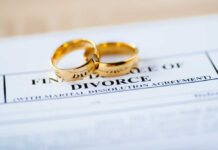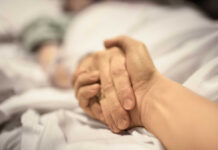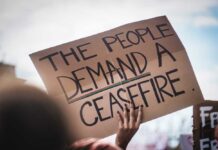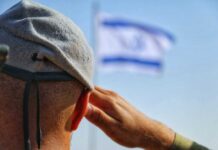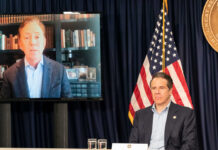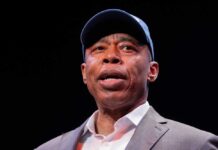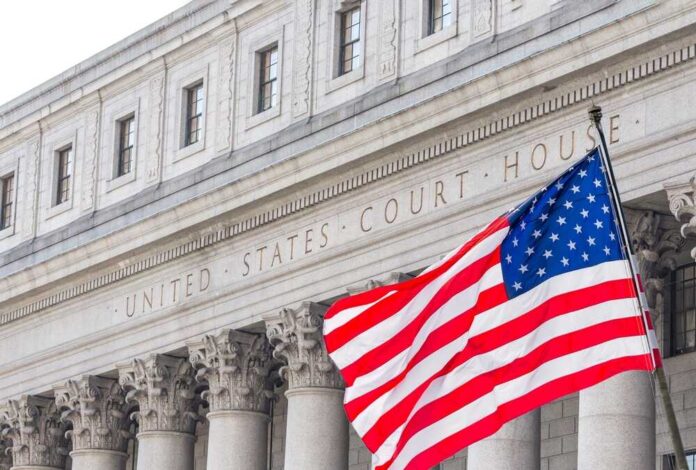
Thirteen young men were arraigned in the state Supreme Court in Brooklyn on April 10 in connection to their involvement in an incident at a prominent synagogue in January when a protest by a group of young men grew violent, the New York Times reported.
The 13 men, all members of the Lubavitch Hasidic movement, pleaded not guilty to a range of charges, including criminal mischief and obstructing governmental administration. Four others who were also charged were absent from the hearing. According to their attorney, the four are currently in Israel.
Justice Adam Perlmutter ordered all 13 defendants, some of whom are Israeli, to turn over their passports. The judge denied the prosecution’s request that the men be banned from the Crown Heights synagogue where they study and worship.
The synagogue is part of the global headquarters of the Chabad-Lubavitch Hasidic movement located at 770 Eastern Parkway. Often referred to as “770,” the headquarters is considered one of the most significant religious sites in the state.
According to defense attorney Levi Huebner, most of the young men came from Israel to study the Torah and the teachings of Rebbe Menachem Mendel Schneerson, who died in 1994.
In early January, New York’s Buildings Department closed down parts of the 770 complex to investigate damage caused by illegal excavation near the sanctuary. The headquarters was issued two citations for the excavation which had been done without permits. Within a week, the excavated area was filled with concrete and the city allowed the synagogue to reopen.
None of the defendants has been accused of excavating the passage, mistakenly described by the media and city inspectors as a tunnel.
The defendants were among those who staged a protest over the filling of the excavated area. The protest soon turned violent, with some of the men fighting with police.
While the other defendants declined to comment during the hearing, Mendel Gerlitzky, who was charged with reckless endangerment and criminal mischief, told the court that the media exaggerated the circumstances of the incident. He argued that while the Lubavitch community did not condone that the excavation was done without permits, it did support expanding the synagogue.


